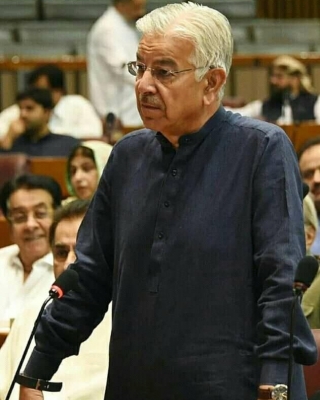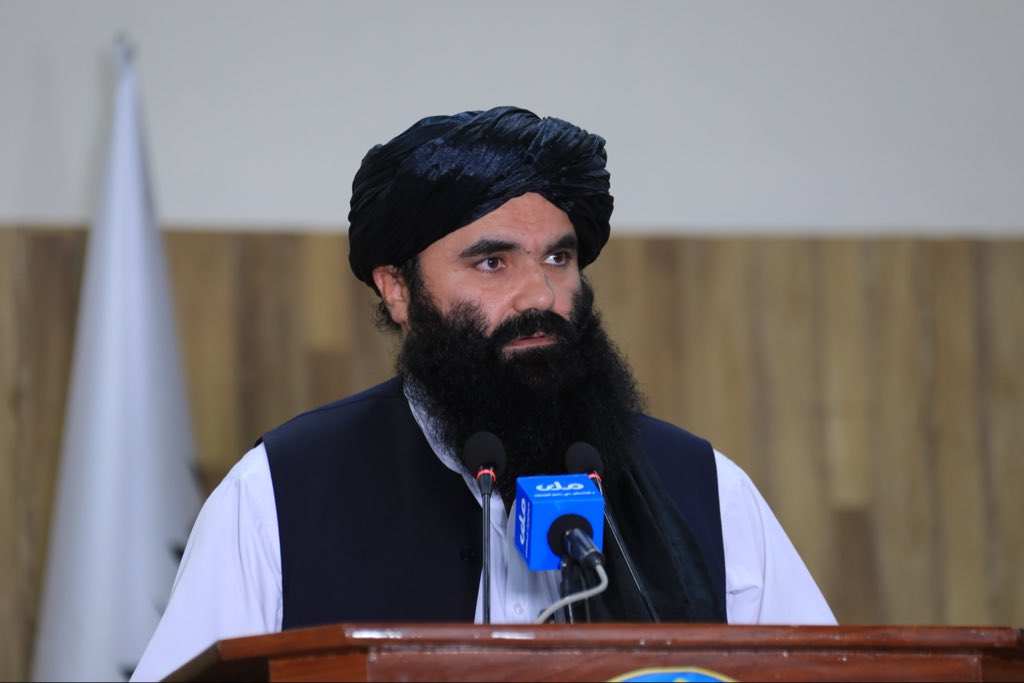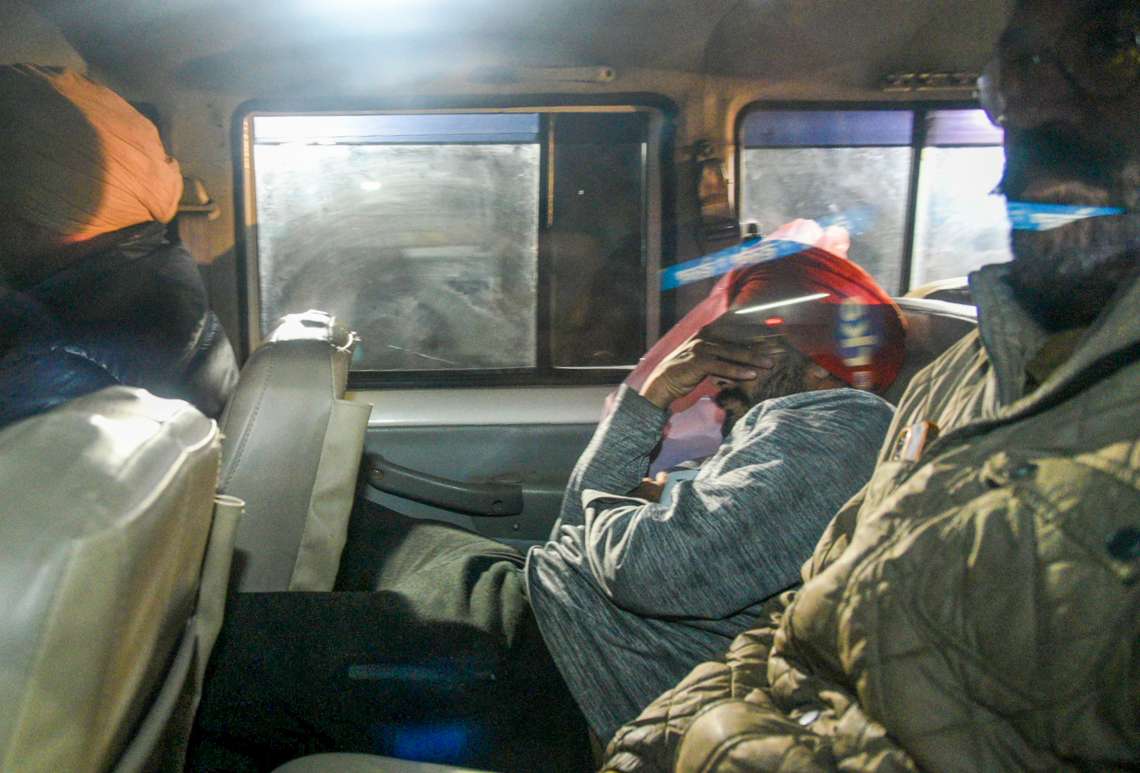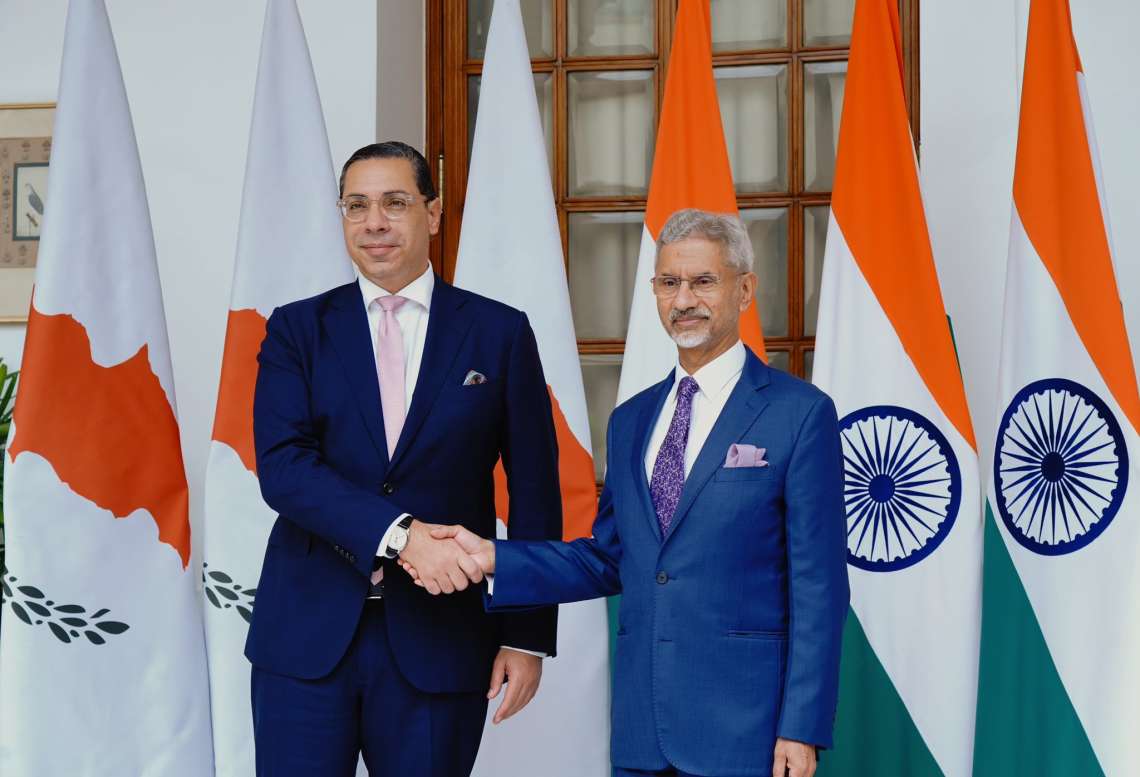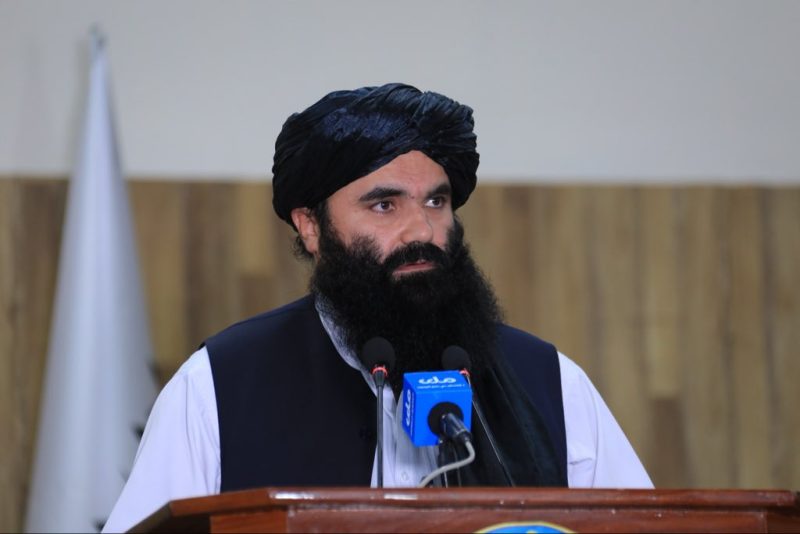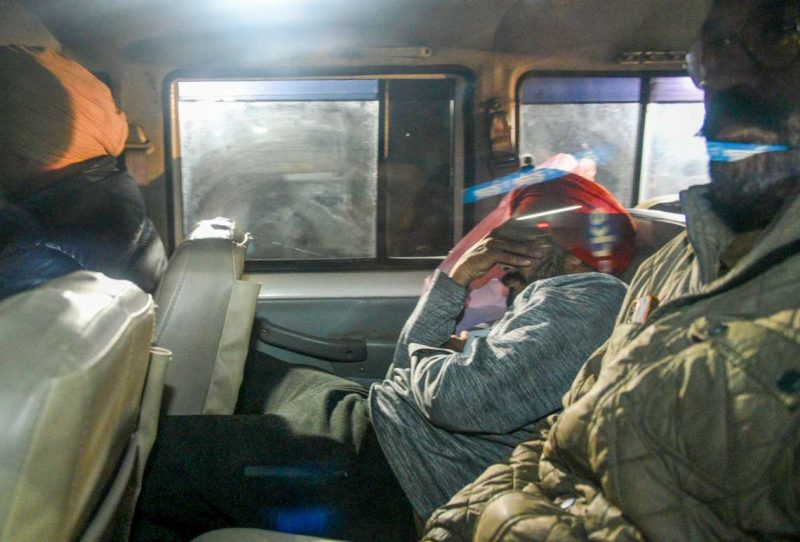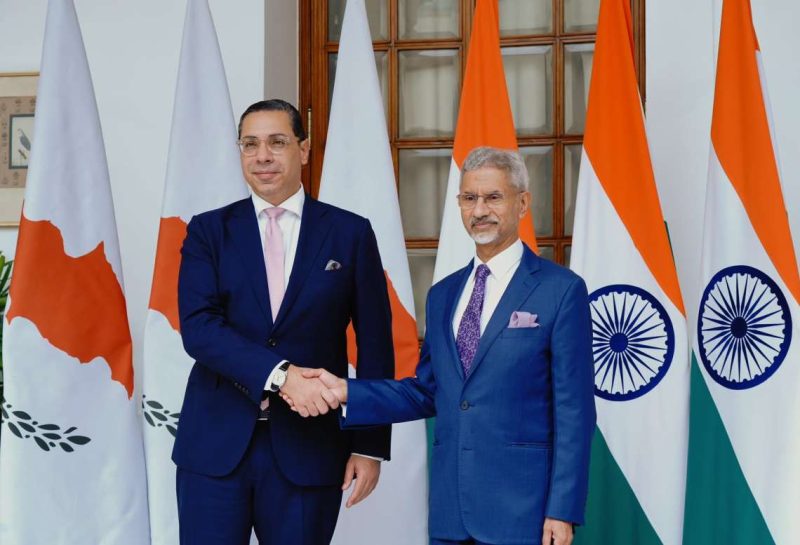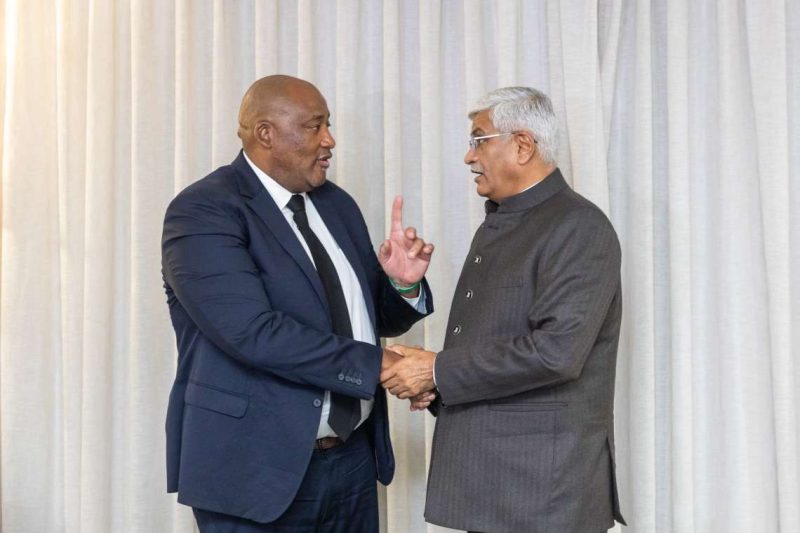Pakistan’s Defence Minister Khawaja Asif reignites tensions with India, warning of a “real risk” of war amid a sharp exchange with Indian Army Chief General Upendra Dwivedi….reports Asian Lite News
Pakistan’s Defence Minister Khawaja Asif has once again raised tensions with India, declaring that the “chances of war with India are real” while asserting that he was “not denying that possibility.” The comments, made during an interview with Samaa TV, mark the latest in a series of provocative statements from the Pakistani minister amid growing friction between the two nuclear-armed neighbours.
Renewed sabre-rattling
Asif, known for his fiery rhetoric, claimed that while he does not wish for escalation, Pakistan would deliver “a better result than before” if war were to occur. “I do not want escalation, but the risks are real and I am not denying that. If it comes to war, God willing, we will achieve a better result than before,” he said.
He further asserted that Pakistan’s strength lay in its religious and national unity, contrasting it with India’s supposed disunity through history. “History shows that India was never one united nation, except briefly under Aurangzeb. Pakistan was created in the name of Allah. At home, we argue and compete. In a fight with India, we come together,” Asif remarked, positioning Pakistan’s creation and cohesion as divinely inspired.
Indian Army Chief’s warning
The minister’s remarks came in direct response to recent statements by Indian Army Chief General Upendra Dwivedi, who warned Pakistan to curb its support for terrorism or face grave consequences. “India is fully prepared this time. We will not show the restraint we exhibited during Operation Sindoor 1.0. This time, the action will be such that Pakistan will have to think whether it wants to exist geographically,” General Dwivedi said during a visit to forward areas near Bikaner.
The General’s statement alluded to India’s evolving military posture and its readiness to respond forcefully to cross-border terrorism. His comments reflect a shift in tone following Operation Sindoor 1.0 — a precision military campaign launched in retaliation to the Pahalgam terror attack that killed 26 civilians in Jammu and Kashmir.
Operation Sindoor was carried out by the Indian Air Force to dismantle terrorist infrastructure and military assets within Pakistan and Pakistan-occupied Kashmir (PoK). The strikes targeted nine terror facilities, including the Jaish-e-Mohammed (JeM) headquarters at Bahawalpur and the Lashkar-e-Taiba (LeT) base at Muridke.
The Indian Air Force’s offensive reportedly resulted in heavy losses for Pakistan’s military and terrorist outfits. Moreover, India’s air defence systems successfully intercepted multiple Pakistani drones and missiles, averting potential damage to both military installations and civilian areas.
A long history of conflict and mistrust
India and Pakistan’s uneasy relationship stretches back to their independence in 1947, with the first major conflict breaking out over Jammu and Kashmir. Despite multiple wars — in 1947, 1965, and 1971 — and the 1999 Kargil conflict, the border remains volatile, underscored by frequent skirmishes and mutual accusations of cross-border terrorism.
The 1971 conflict, which saw India supporting the Mukti Bahini forces in East Pakistan, led to Pakistan’s most significant military defeat and the creation of Bangladesh. The Kargil War of 1999 further cemented distrust after Pakistani forces infiltrated Indian territory, only to be pushed back under international pressure.
Asif’s latest comments, which echo the rhetoric of previous confrontations, have once again raised fears of instability in South Asia. Defence analysts note that such statements often serve domestic political ends in Pakistan, where nationalist rhetoric can distract from internal crises, including economic turmoil and political discord.
India, meanwhile, has consistently maintained that its military actions are aimed solely at countering terrorism and safeguarding national sovereignty. New Delhi’s recent military modernisation and strengthening of defence infrastructure along the western border have reinforced its deterrence posture.
The renewed exchange underscores how fragile the peace remains between the two nations. While diplomatic engagement continues to stall, the verbal sparring between top officials on both sides has once again brought the spectre of conflict into public discourse — a reminder of the enduring volatility of the India-Pakistan equation.


